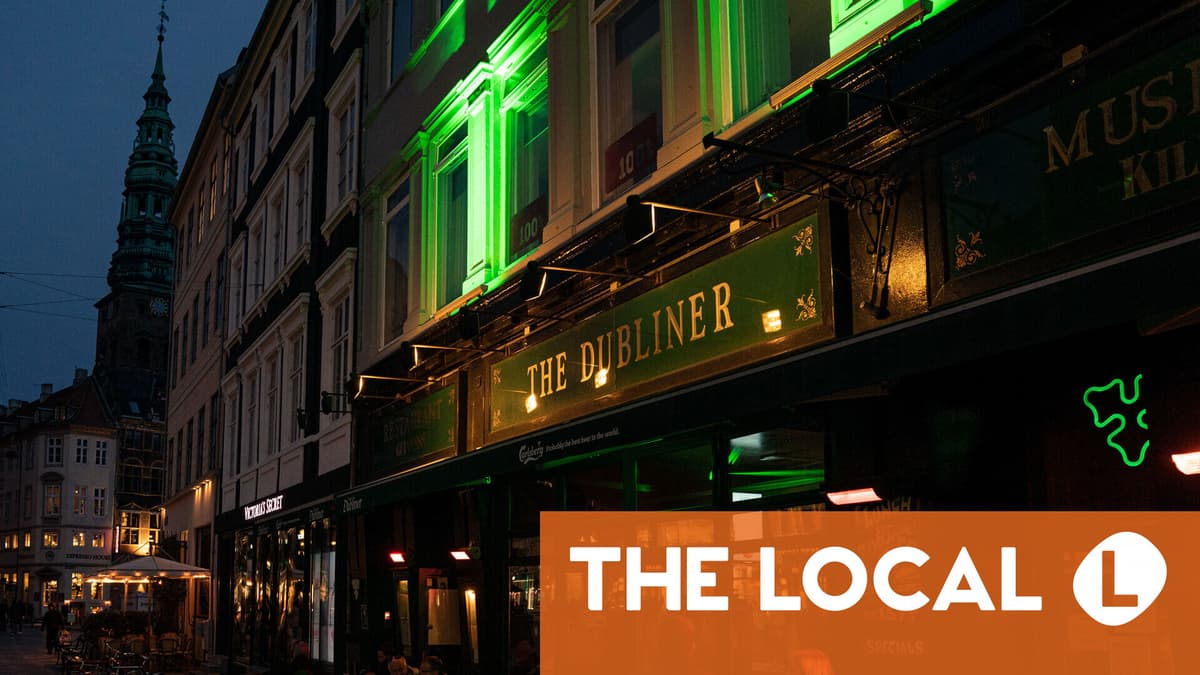Will racism plan make a difference?
The government this week released more details on an anti-racism plan which was first announced in January.
The plan is set to place specific focus on discrimination against Greenlanders, an issue described in January as an “overlooked problem”. Some 12 of the 36 initiatives in the plan are designed with the issue in mind. These are the ones which were presented last month.
Several other aspects were revealed this week which appear to have a more general objective. Some of them could be described as unconventional and several revolve around knowledge and education.
They include provisions for measuring ethnic discrimination in Denmark, mapping out research on racism over the past ten years, and commissioning a study on racially motivated extremism.
The plan also proposes interventions at the classroom level. These include “friendship classes” and funding for visits to concentration camps, aimed at upper secondary (gymnasium) education.
A sizeable portion of the plan is also aimed at Denmark’s nightlife.
Nightclub bouncers are to be upskilled through a voluntary course which will let them “engage and communicate with groups of people from different cultural and ideological backgrounds without discrimination,” according to the plan.
The course lasts two days and will be voluntary for bouncers trained before April 2020, but critics of the plan have complained it doesn’t go far enough to tackle nightlife discrimination, calling the measure a “weak cup of tea.”
“I am confident that the plan will have a positive impact in the fight against racism and provide a solid foundation for efforts in the years to come,” immigration minister Kaare Dybvad Bek said in the statement.
Advertisement
“But I must also be honest and say that racism cannot be eradicated with a stroke of the pen from Christiansborg [parliament]. It is also a matter of cultural change and personal responsibility, which we all must take on,” he said.
The plan in full can be read in Danish here.
‘Ambassador’ appointed as government steps up resistance to ECHR
The government has appointed an official to help with what it sees as “inconveniences” in the interpretation of international conventions, particularly the European Convention on Human Rights (ECHR), which hinder its ability to deport foreign nationals convicted of certain crimes.
Given the job title of ‘conventions ambassador’, the appointment of Nicolaj Hejberg Petersen to the role was announced on Friday.
Petersen, who previously served as a migration ambassador in the Ministry of Foreign Affairs, will begin his new role on April 1st.
The appointment is no surprise, given that the coalition stated on taking office in December 2022 that it wanted to appoint an official for this specific purpose.
A longstanding position of a number of parties in Denmark, including Prime Minister Mette Frederiksen’s Social Democrats, is that the current legal framework is too restrictive when it comes to revoking the Danish citizenship of dual citizens convicted of crimes, and that it limits the ability to deport them.
This is not the only step being taken by the government that could be seen as hostile to the ECHR.
It has also decided to undertake a review of Denmark’s obligations and options relating to the ECHR and rulings from the European Court of Human Rights. The review will focus specifically on immigration.
It is expected to be completed in the first half of 2026.
Advertisement
New era for Denmark of military spending and armament
Denmark is not a country with a traditionally large military-industrial sector or high expenditure on its armed forces, but a new era was entered this week with the announcement of massive spending over the next few years.
“Europe has to do much more in order to defend ourselves, but also in order to support Ukraine. Because we are in a very, very critical period in world history,” Defence Minister Lars Løkke Rasmussen told AFP in an interview this week.
His comments came hours after Copenhagen said it was upping defence spending by 50 billion kroner over the next two years to meet what he said was an increasing threat from Russia.
US President Donald Trump has rattled America’s European allies and Kyiv by opening talks with Moscow they fear could end the war on unacceptable terms.
But the decision also came in the same week that an updated threat report from the Danish Defence Intelligence Service PET generated headlines across the world for its conclusion that Russia is preparing its military for a war beyond Ukraine.
“Russia sees itself in a conflict with the West and is preparing for a war with Nato,” the report continues.
Advertisement
Russia has stated that the settlement of the war in Ukraine is inseparable from sweeping changes to European security architecture.
The Kremlin wants a withdrawal of US and NATO forces from former Soviet countries and eastern bloc members, including the Baltic states, Romania and Bulgaria.
Russia also demanded a commitment from NATO that it would not offer membership to any other ex-Soviet nations, including Ukraine.
“I think we have to adapt to the reality that we are looking into a new normal. And this new normal is hopefully a normal where we still have a strong, strong transatlantic alliance and relationship,” Løkke said.
But it clearly also means defence spending that will be unprecedented in Denmark.
